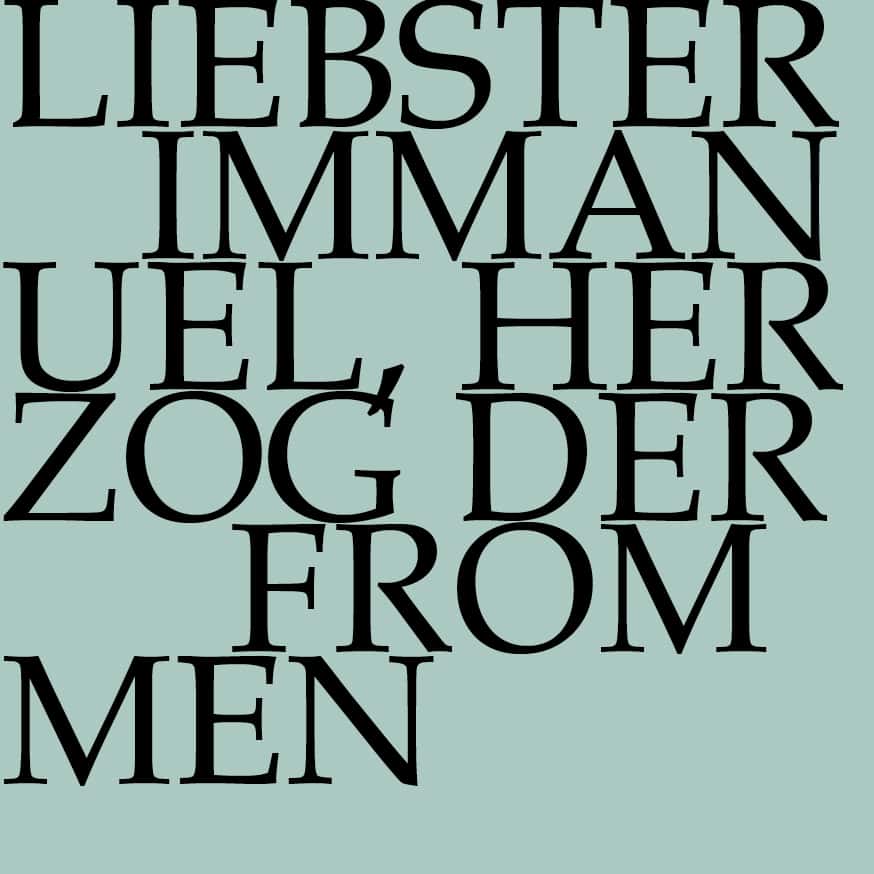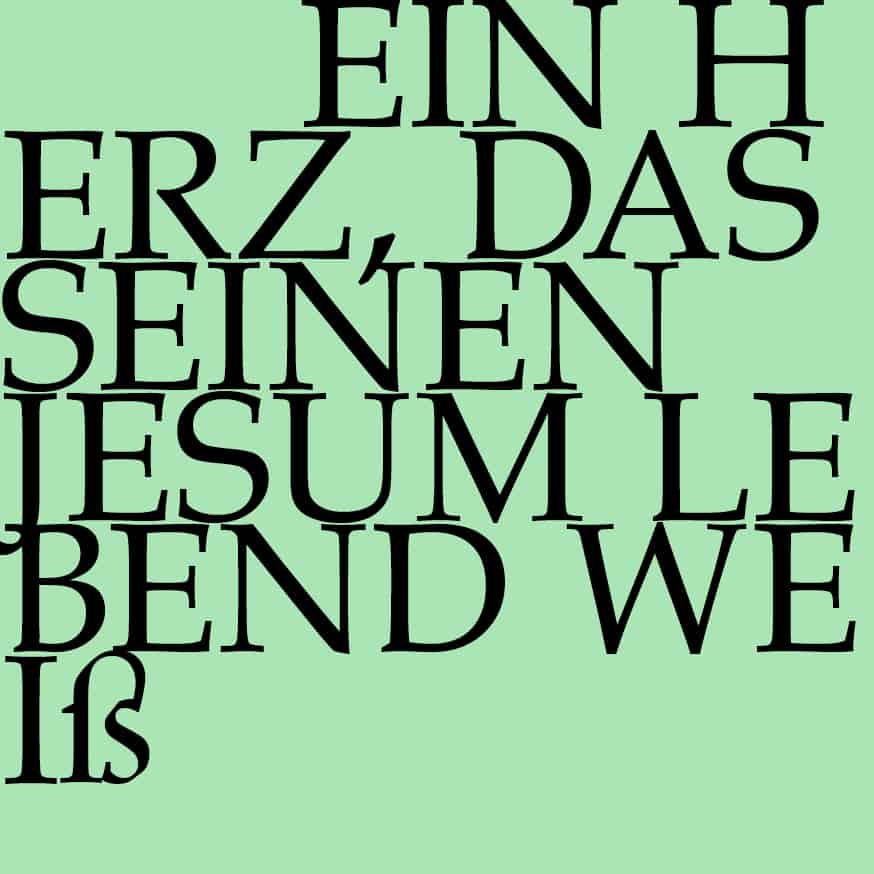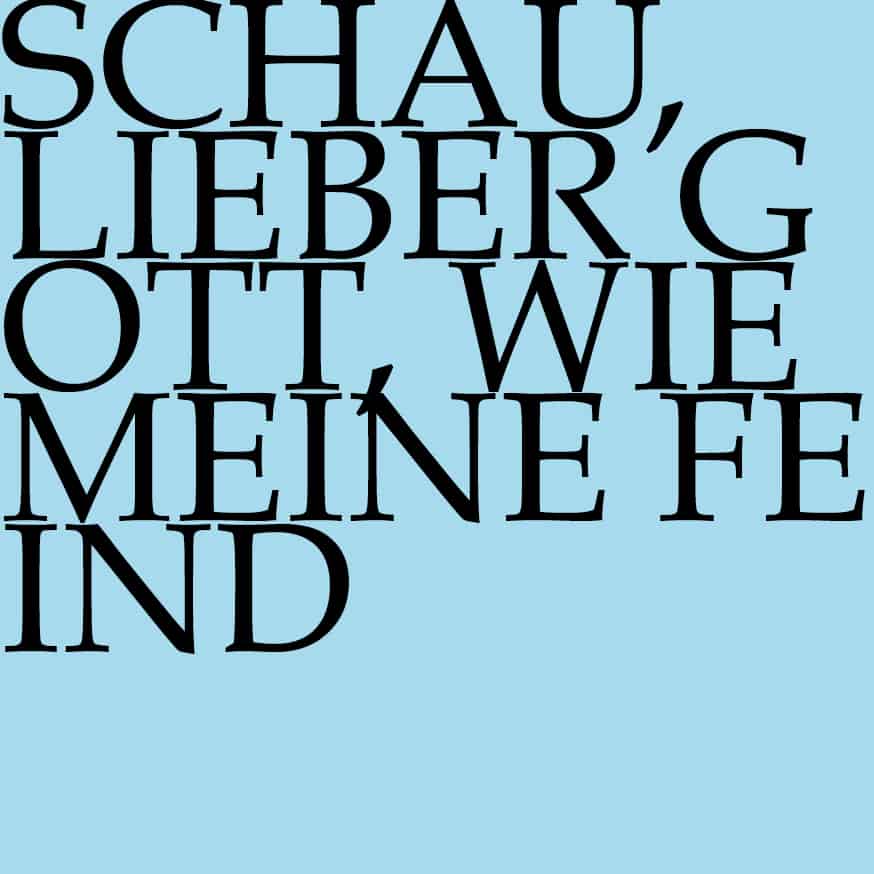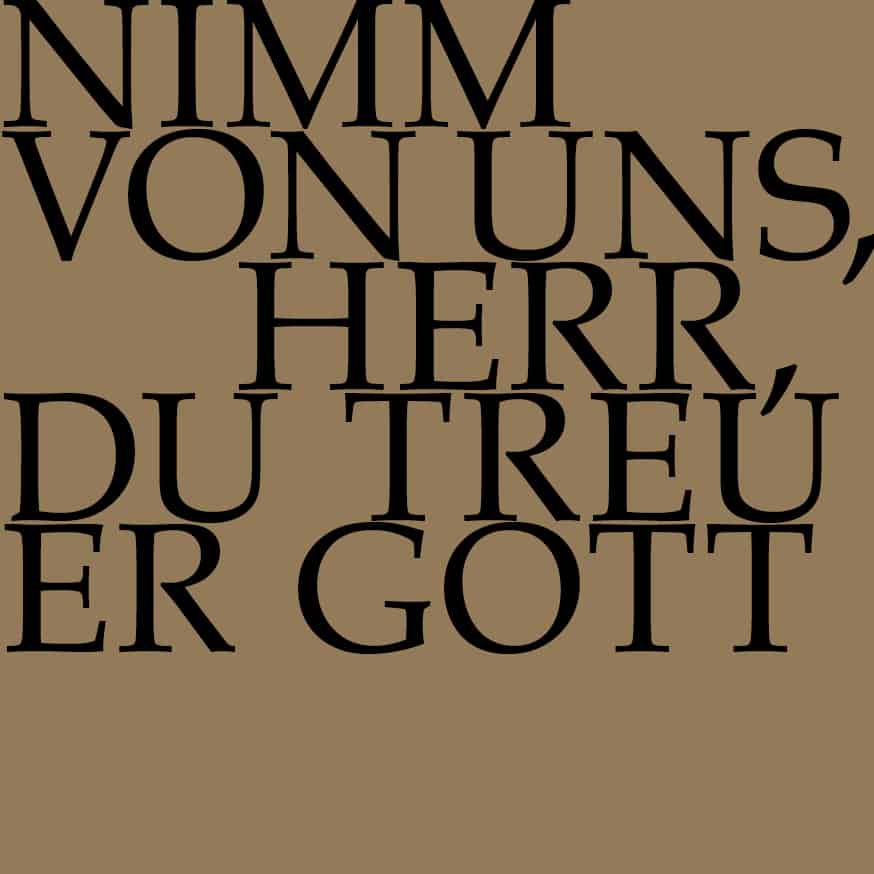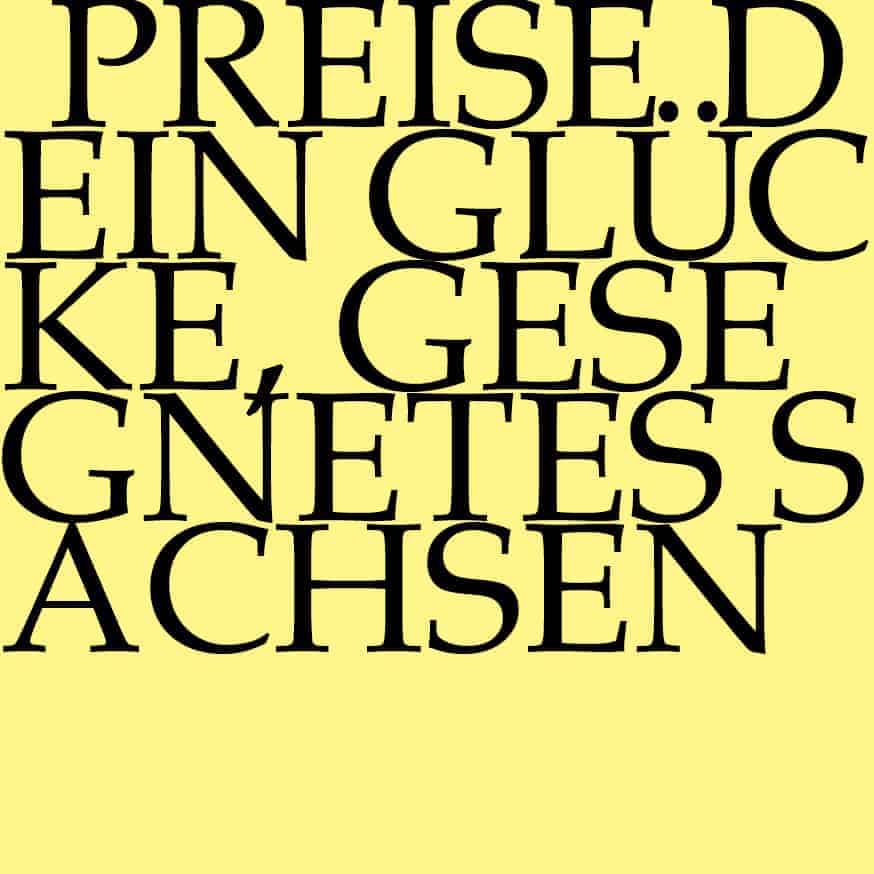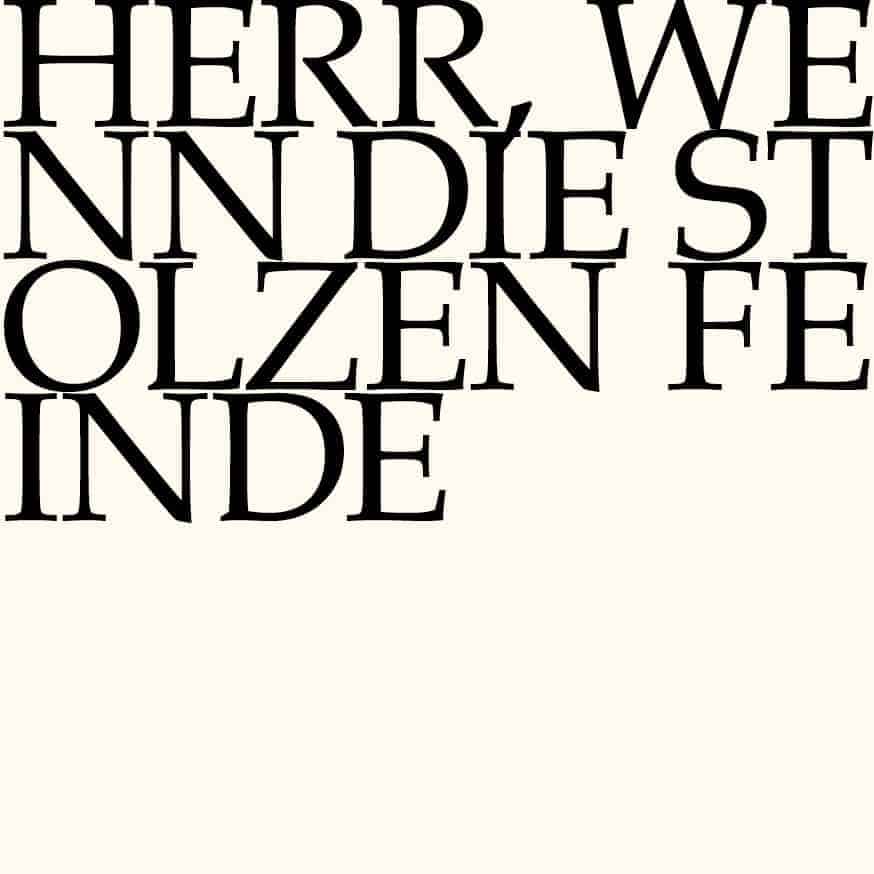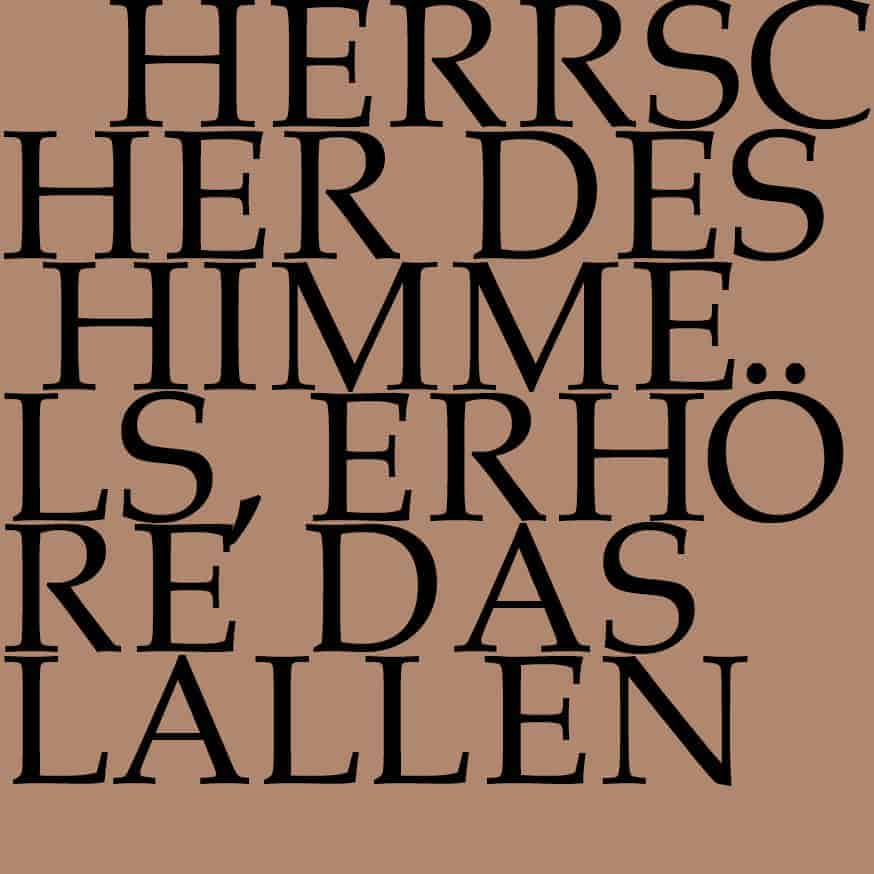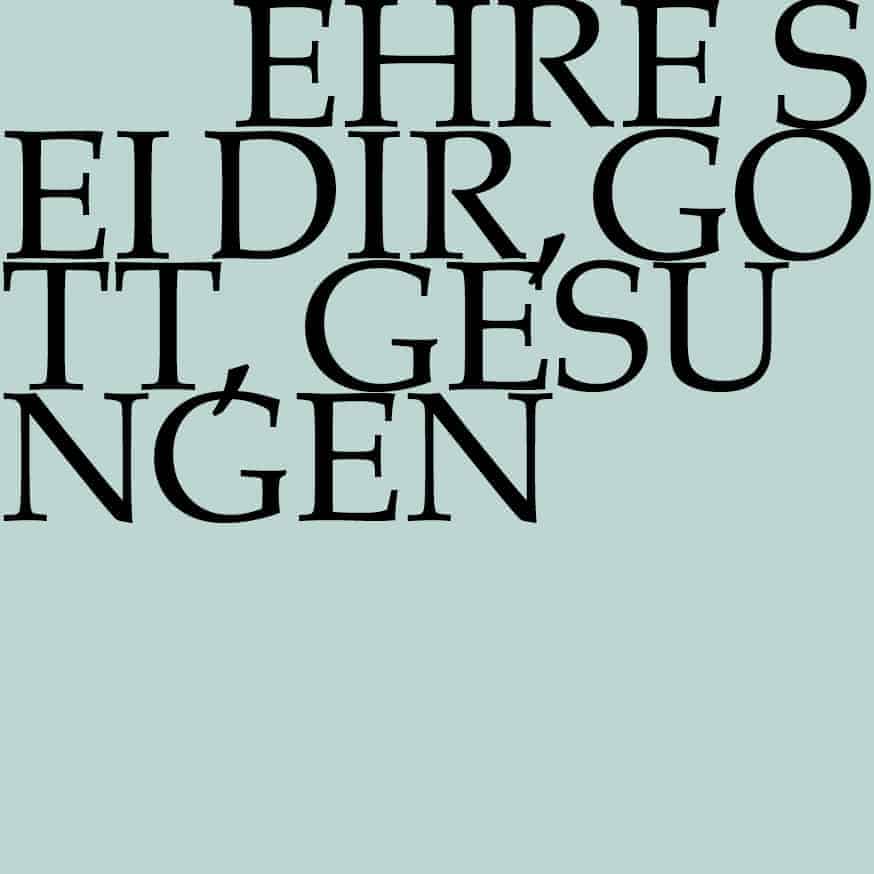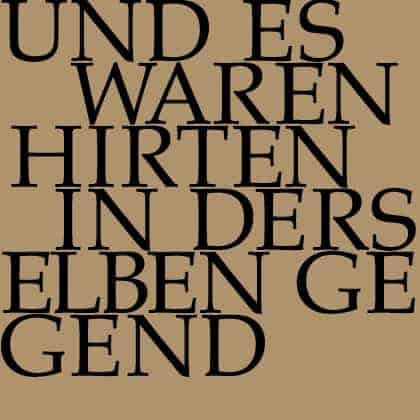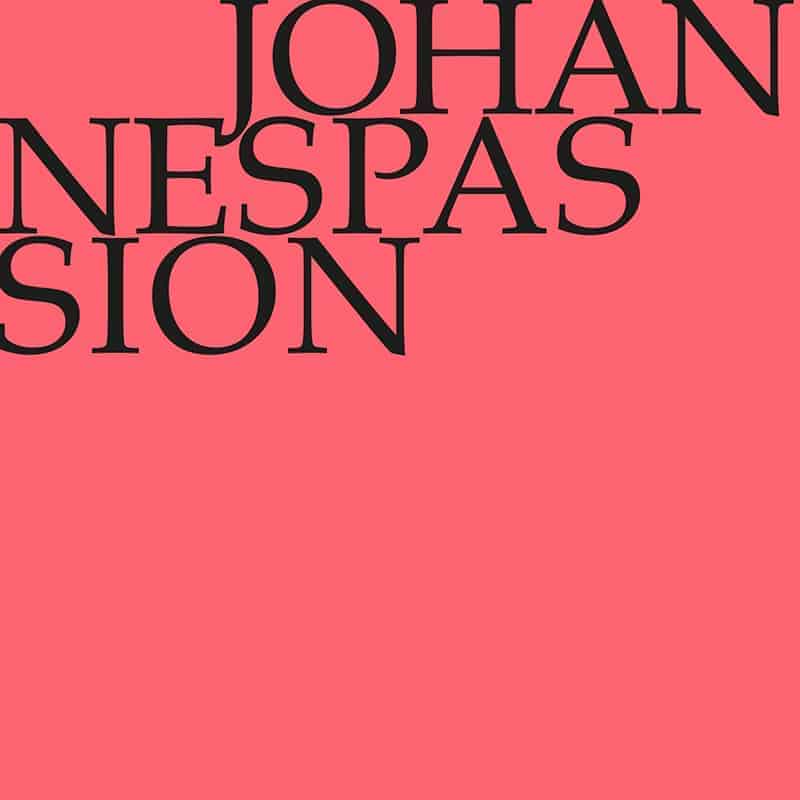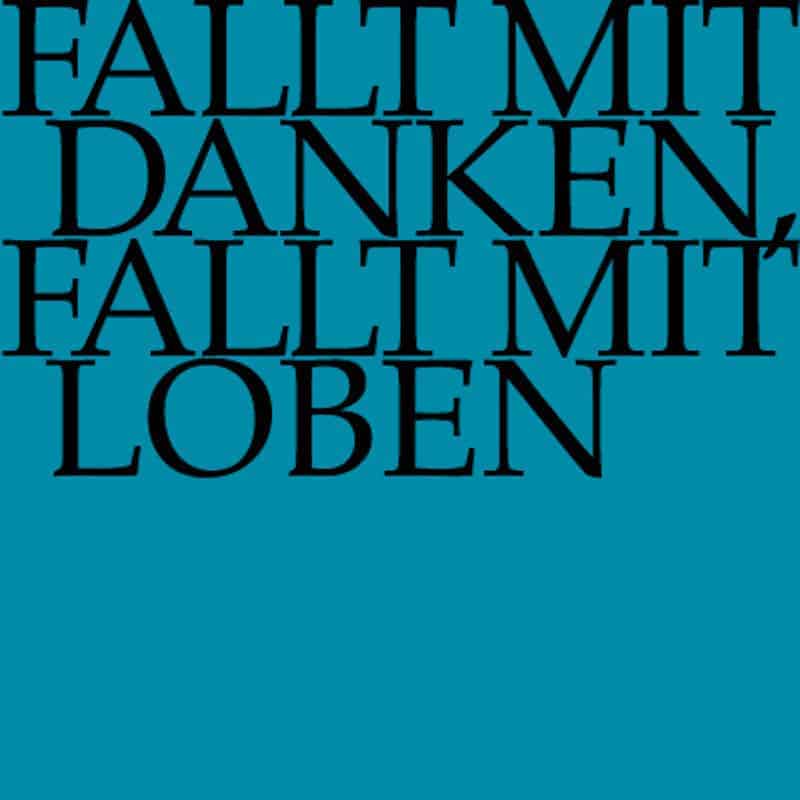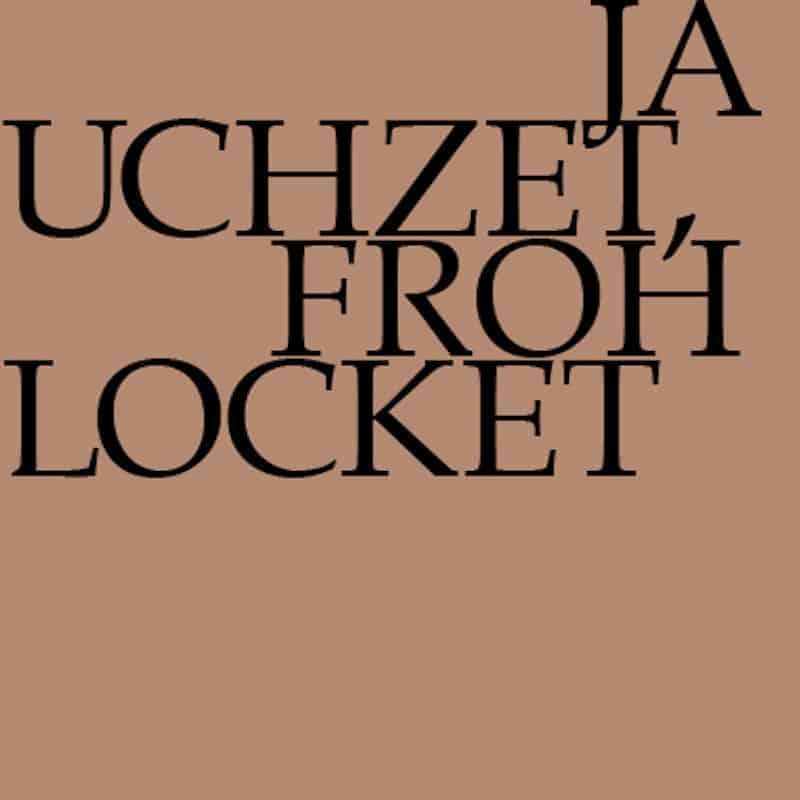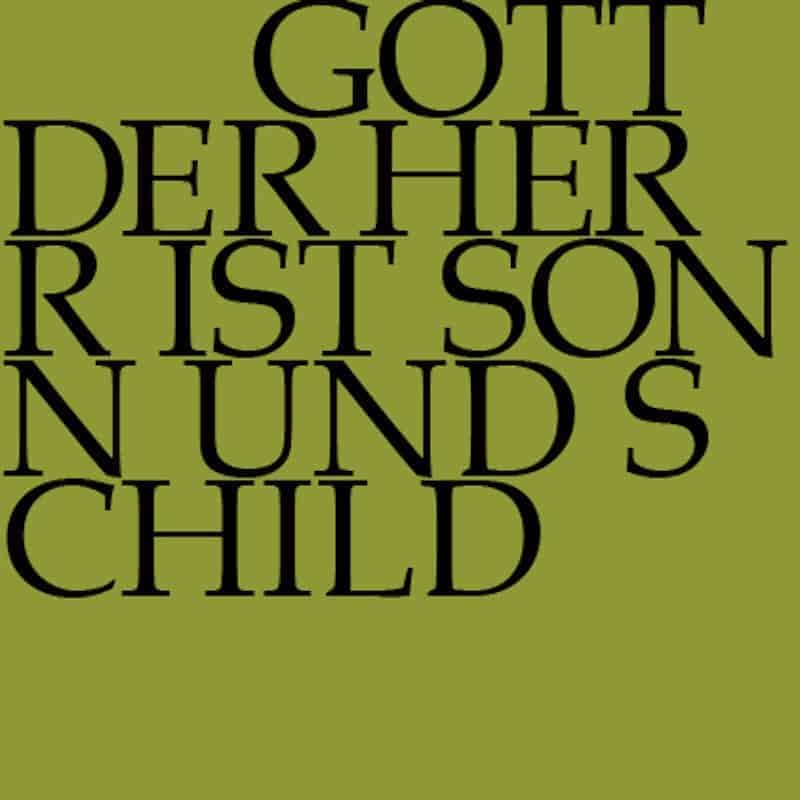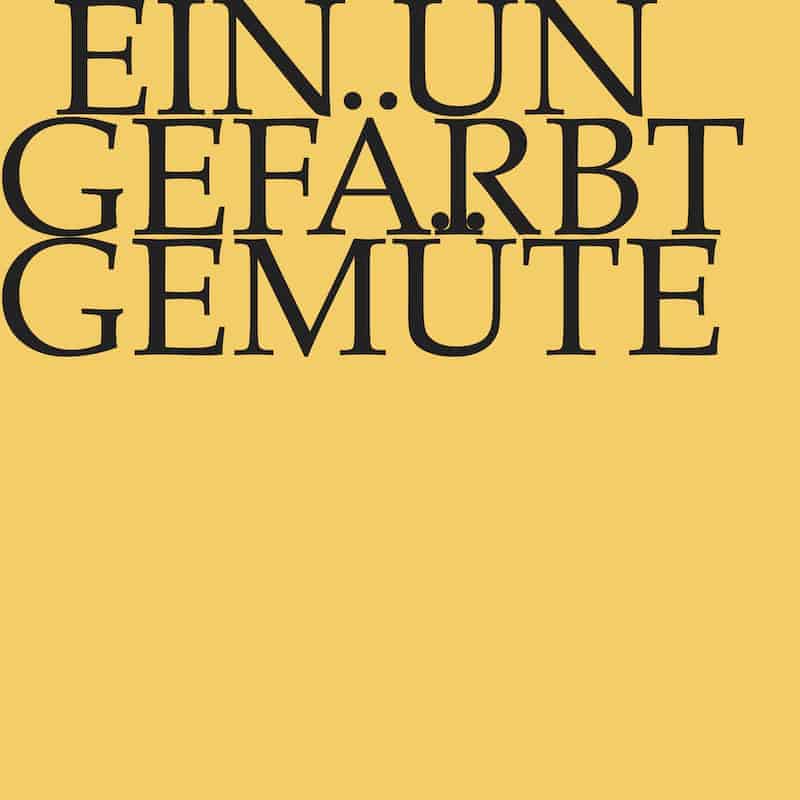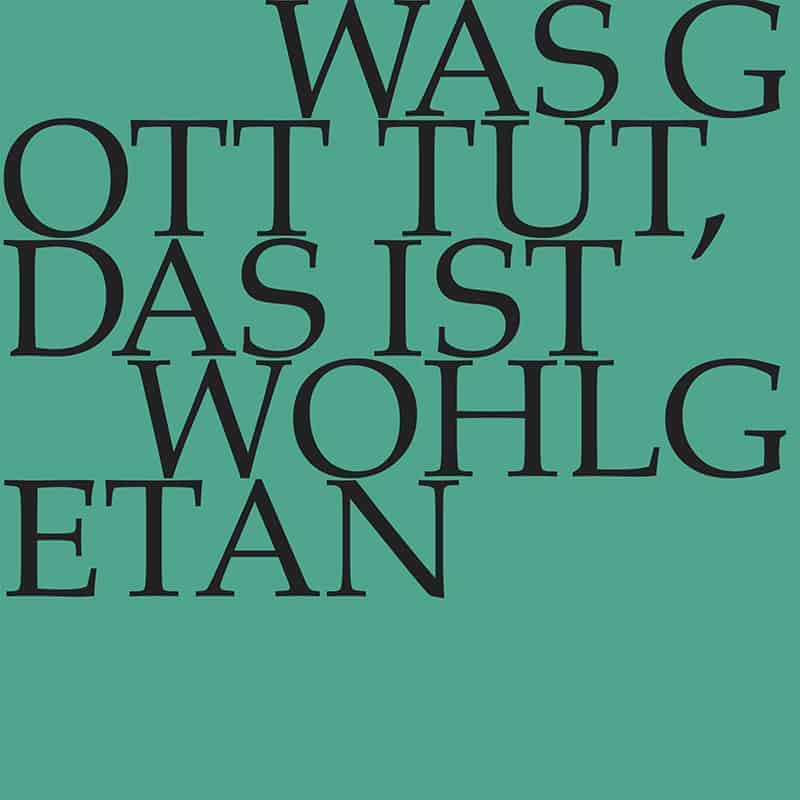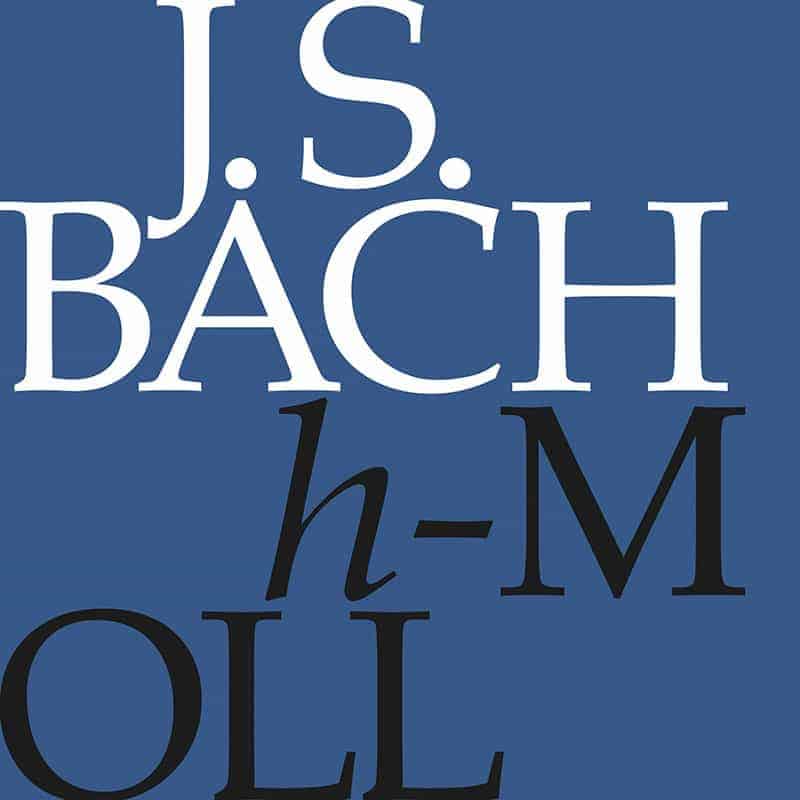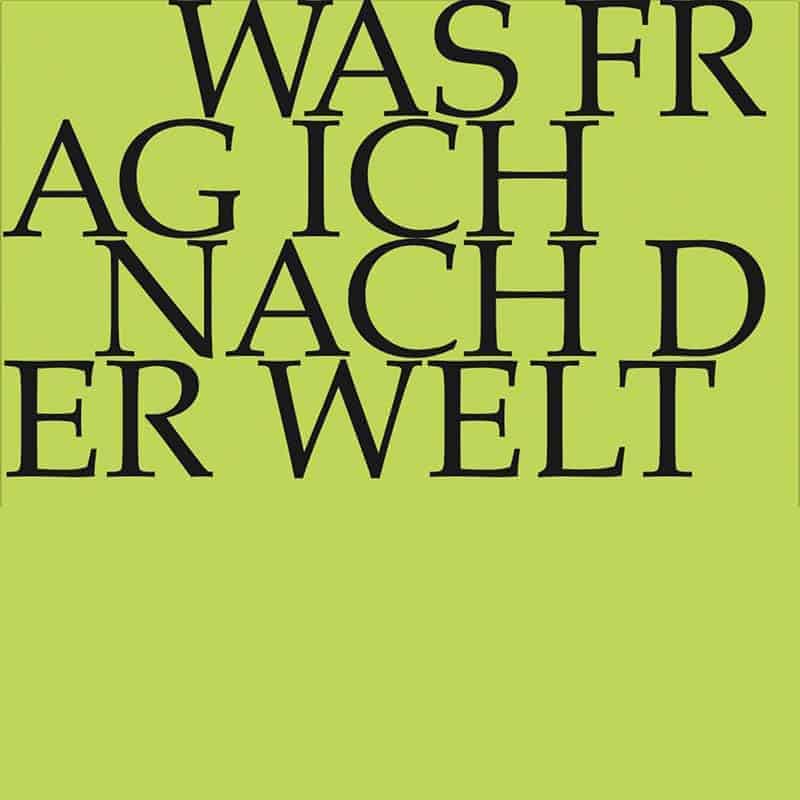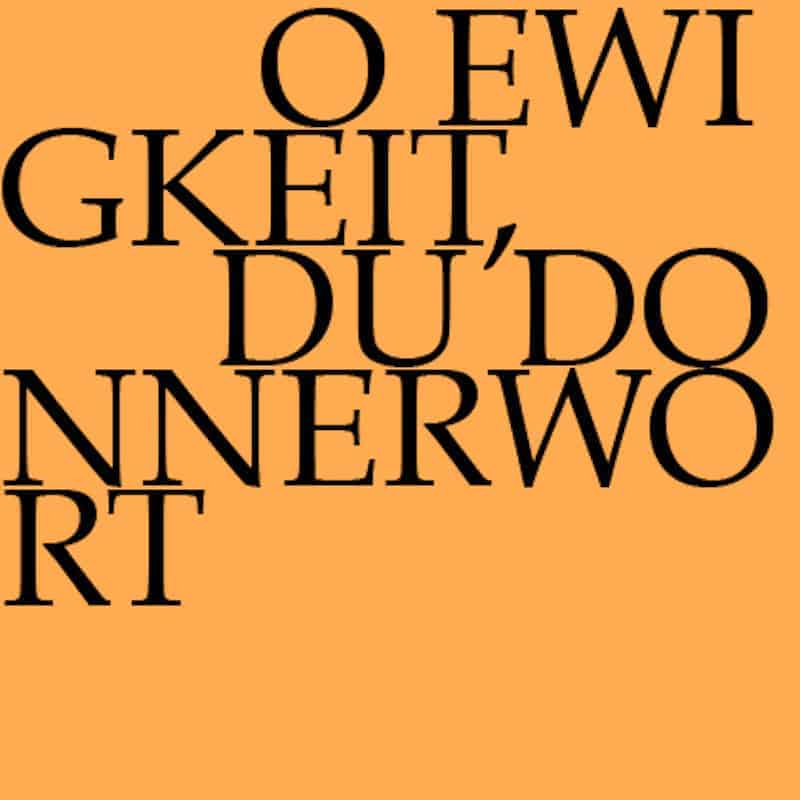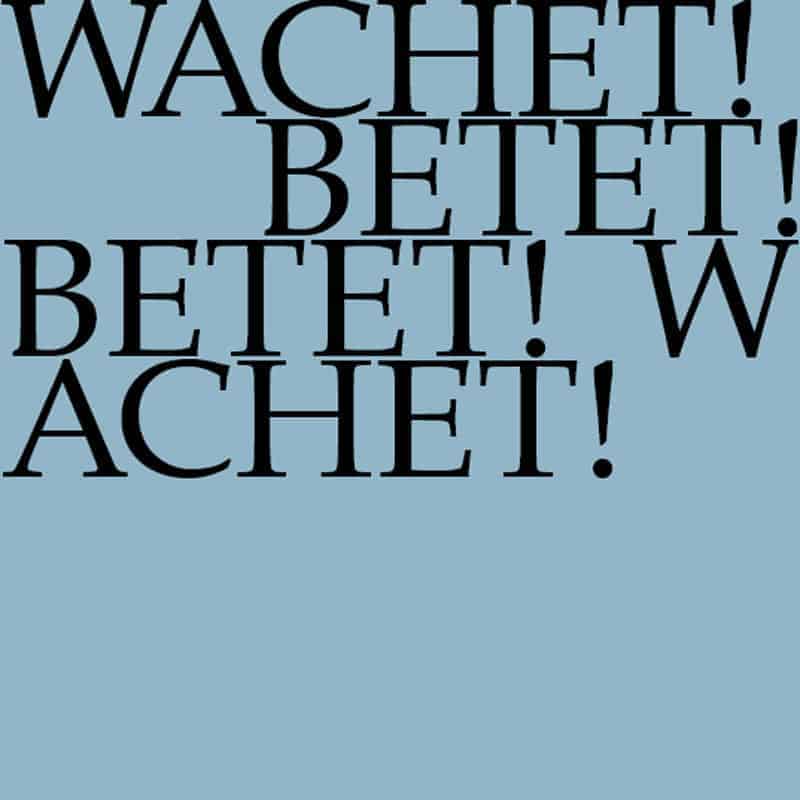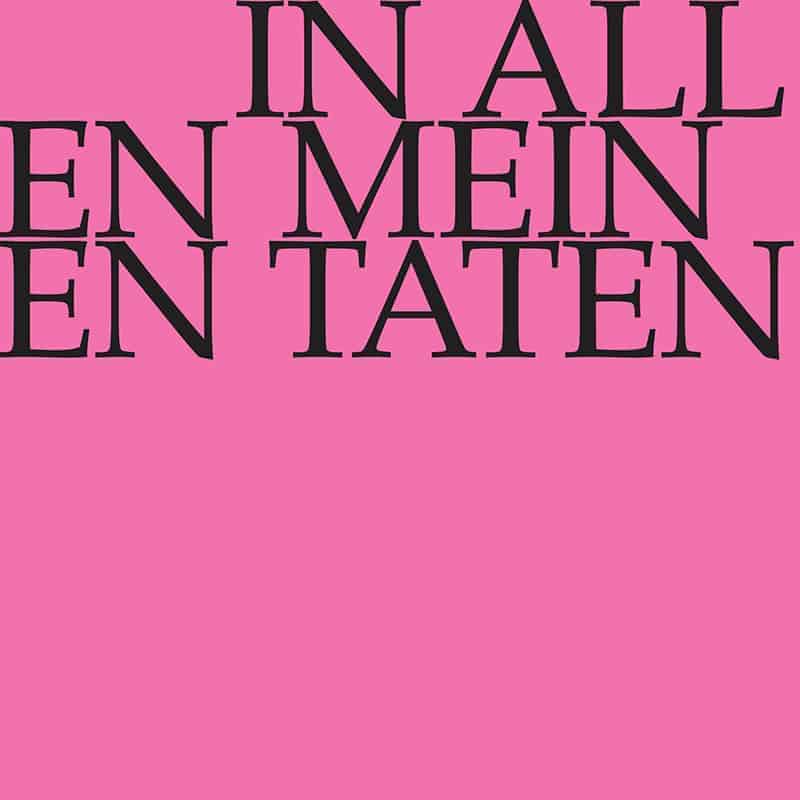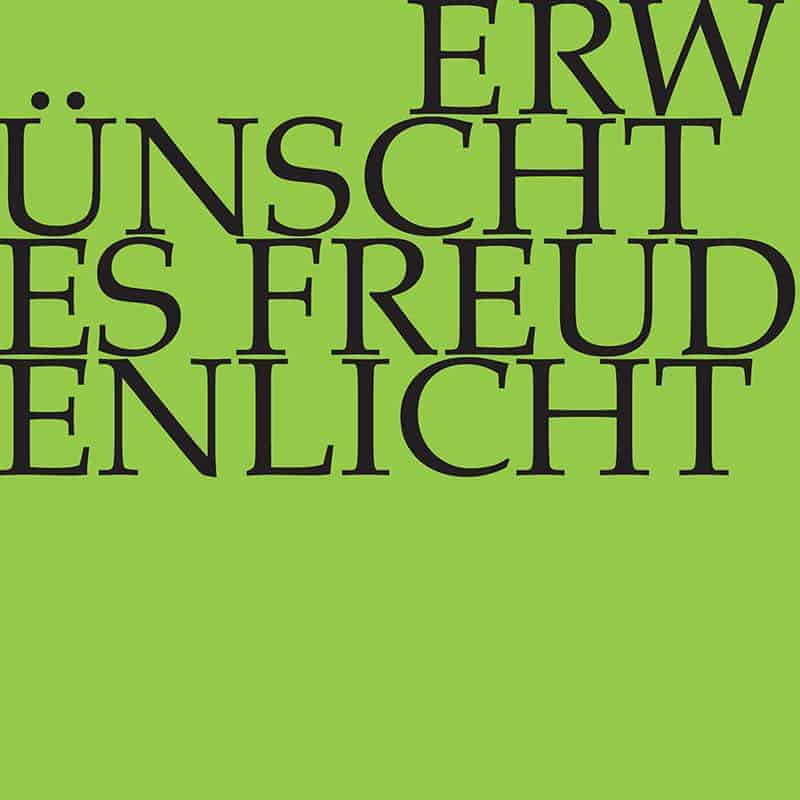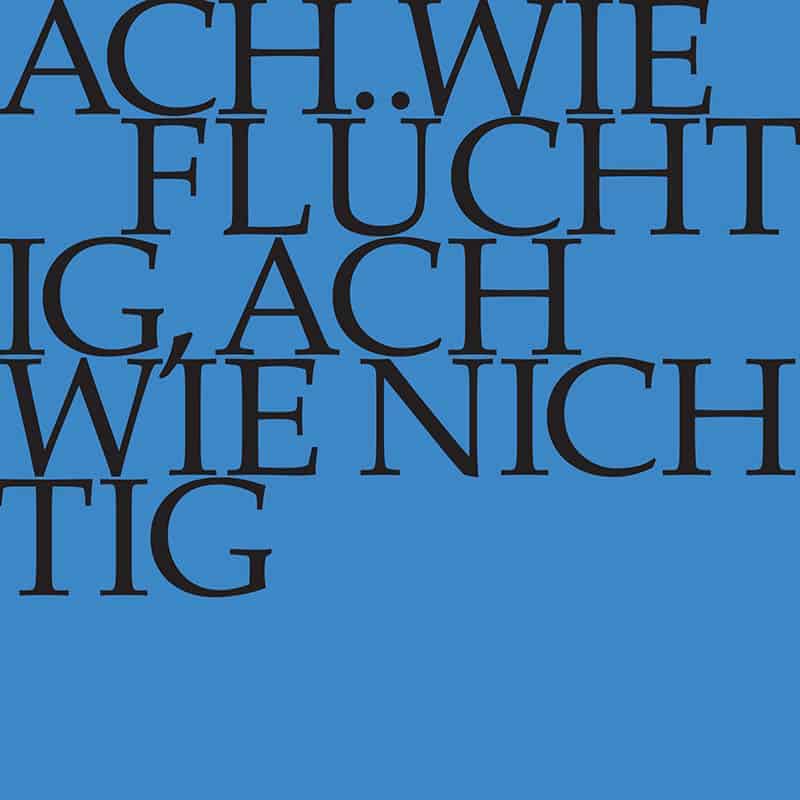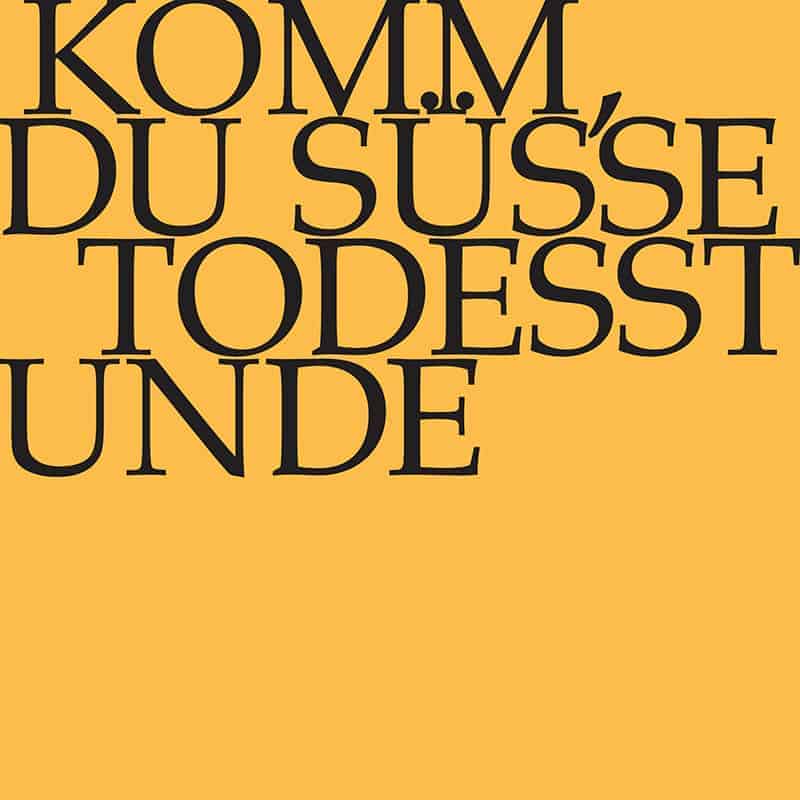(Dearest Emanuel, Lord of the faithful) for alto, tenor and bass, vocal ensemble, transverse flute I+II, oboe d’amore I+II, strings and basso continuo
Archives
Ein Herz, das seinen Jesum lebend weiß
(A heart which doth its Jesus clearly know) for alto and tenor; vocal ensemble, oboe I+II, strings and basso continuo
Schau, lieber Gott, wie meine Feind
(Behold, dear God, how all my foes) for alto, tenor and bass, vocal ensemble, strings and basso continuo
Nimm von uns, Herr, du treuer Gott
(Take from us, Lord, thou faithful God) for soprano, alto, tenor and bass, vocal ensemble, cornett, trombone I–III, oboe I+II, oboe da caccia, strings and basso continuo
Preise dein Glücke, gesegnetes Sachsen
(Praise now thy blessings, O fortunate Saxon) for soprano, tenor and bass, vocal ensemble, trumpet I–III, timpani, oboe and oboe d’amore I+II, transverse flute I+II, strings and basso continuo
Herr, wenn die stolzen Feinde schnauben
(Lord, when our boastful foes blow fury) Cantata for Epiphany, for soprano, alto, tenor and bass; vocal ensemble, oboe and oboe d’amore I+II, trumpet I-III, timpani, strings and basso continuo
Herrscher des Himmels, erhöre das Lallen
(Ruler of heaven, give ear to our stammer) for soprano, alto, tenor and bass, vocal ensemble, transverse flute I+II, oboe I+II, trumpets I-III, timpani, strings and basso continuo
Erhalt uns, Herr, bei deinem Wort
(Maintain us, Lord, within thy word) for Sexagesima Sunday, for alto, tenor and bass, vocal ensemble, oboe I+II, trumpets, strings and basso continuo
Ehre sei dir, Gott, gesungen
(Glory to thee, God, be sounded) for soprano, alto, tenor and bass, vocal ensemble, oboe d’amore I+II, strings and basso continuo
Und es waren Hirten in derselben Gegend
(And there were shepherds in that very region) for the Second Day of Christmas, for alto, tenor and bass, vocal ensemble, transverse flute I+II, oboe d’amore I+II, oboe da caccia I+II, strings and basso continuo
Johannespassion
(St John Passion) No listener can be left unmoved by the bleak magnificence of the introductory chorus “Herr, unser Herrscher” (Lord, thou our master), set to the text of Psalm 8. Throbbing bass notes, streams of blood and violent blows in the middle voices as well as incessant friction in the mercilessly descending woodwinds create … Read More
Fallt mit Danken, fallt mit Loben
(Fall and thank him, fall and praise him) for soprano, tenor and bass, vocal ensemble, corno da caccia I+II, Oboe I+II, strings and basso continuo
Jauchzet, frohlocket, auf, preiset die Tage
(Triumph, rejoicing, rise, praising these days now) for alto, tenor and bass, transverse flute I+II, oboe I+II, trumpet I-III, timpani, strings and basso continuo
Gott der Herr ist Sonn und Schild
(God is our true sun and shield!) for soprano, alto, tenor and bass, oboe I+II, horn I+II, timpani, strings and basso continuo Composed for Reformation Day in 1725, cantata BWV 79 (“God is our true sun and shield!”) is conceptually distinct from its more famous relation, BWV 80.
Ein ungefärbt Gemüte
(An undisguised intention) for alto, tenor and bass, vocal ensemble, oboe I+II, oboe díamore I+II, trumpet, strings and basso contiuno Although cantata BWV 24, “An undisguised intention”, was first performed on 20 June 1723 in Leipzig, it is related in tone to Bach’s Weimar cantatas, perhaps to provide stylistic unity with cantata BWV 185, “O … Read More
Was Gott tut, das ist wohlgetan
(What God doth, that is rightly done) for soprano, alto, tenor and bass, vocal ensemble, oboe I+II, taille d’hautbois, strings and basso continuo
Messe h-Moll
(Mass in B minor) for soloists, choir and orchestra The Mass in B Minor, hailed in 1818 as the “greatest musical composition of all times and all cultures” by its first publisher, Hans-Georg Nägeli of Zurich, is today revered as one of the greatest works in the history of classical music. Not only has the composition … Read More
Was frag ich nach der Welt
(What need I of this world) for soprano, alto, tenor and bass, vocal ensemble, transverse flute, oboe I+II, bassoon, strings and basso continuo It would be a disservice to the cantata “Was frag ich nach der Welt” (What need I of this world), composed for the Ninth Sunday after Trinity in 1724, were we to … Read More
O Ewigkeit, du Donnerwort
(Eternity, thou thundrous word) for alto, tenor and bass, vocal ensemble, oboe I-III, tromba da tirarsi, trumpet, bassoon, strings and basso continuo Cantata BWV 20, the first work in Bach’s second Leipzig cycle, was composed in 1724 for the First Sunday after Trinity. Based on a hymn by Johann Rist (1642), the libretto explores the … Read More
Wachet! Betet! Betet! Wachet!
(Watch ye, pray ye, pray ye, watch ye!) for soprano, alto, tenor and bass, vocal ensemble, tromba, oboe, bassoon, violoncello, strings and continuo Originally composed in Weimar for the Second Sunday in Advent, Bach reworked cantata BWV 70 in Leipzig in 1723, moving it to the 26th Sunday after Trinity and thus to the end … Read More
In allen meinen Taten
(In all my undertakings) for soprano, alto, tenor and bass, vocal ensemble, oboe I+II, bassoon, strings and continuo The cantata “In allen meinen Taten” (In all my undertakings) is set to a hymn by the brilliant baroque poet Paul Fleming (1609–1640), whose all-too-short life led him from Hartenstein in the Ore Mountains to Leipzig, Russia … Read More
Erwünschtes Freudenlicht
(O welcome light of joy) for soprano, alto, tenor and bass, transverse flute I+II, strings and continuo
Ach wie flüchtig, ach wie nichtig
(Ah, how fleeting, ah, how empty) for alto, tenor and bass, vocal ensemble, horn, flute, oboe I–III, bassoon, strings and continuo. Composed for the Twenty-fourth Sunday after Trinity, the cantata “Ach wie flüchtig, ach wie nichtig” (Ah, how fleeting, ah, how empty) is pervaded by an atmosphere of late autumnal gloom and loss, in which … Read More
Komm, du süße Todesstunde
(Come, O death, thou sweetest hour) for alto and tenor, vocal ensemble, flute I+II, strings and continuo. First performed in 1716, cantata BWV 161 (“Come, O death, thou sweetest hour”) is distinguished by a fresh style and sensitive interpretation that clearly indicate its composition during the “cantata spring” of Bach’s tenure as concertmaster of the … Read More


